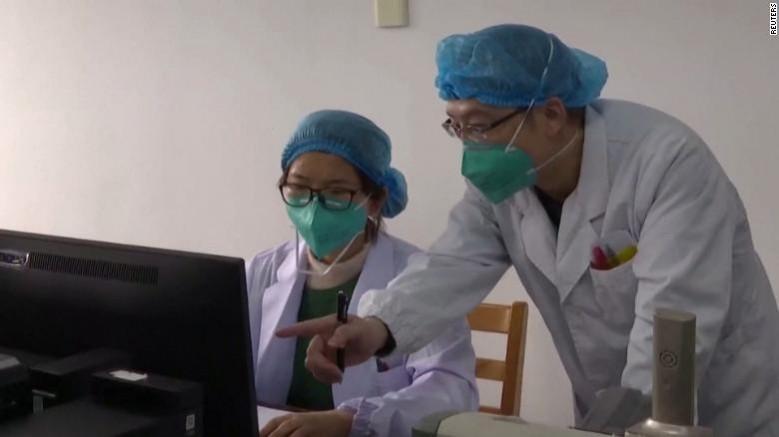The novel coronavirus COVID-19 has shaken the world up quite astoundingly. The virus that broke out last year in December has now infected over 90,000 people and claiming over 3,000 lives globally. The efforts to combat the deadly virus are carried out at an unprecedented pace and scientists claim that developing a vaccine for the virus can take some time.
Governments in many countries have also shifted their focus toward the containment of the disease. Amid this vast chaos, a common man might himself to be of no help. However, researchers at Stanford group are asking your help to assist them in studying the virus.
Stanford University's computing project, Folding@home is seeking volunteers that can donate computational power to help the researchers develop therapies for the novel coronavirus.
Folding@home uses a program that allows the project to access the processing capacities of networked computers and use that power to simulate the complex unfolding process of proteins. Protein unfolding helps researchers to developer cures for various diseases including Alzheimer's, cancer, SARS and the current COVID-19 coronavirus.
How can you help?
On the official Folding@home website, you can find a brief description that explains how COVID-19 affects human beings. Here is an excerpt, "For both coronaviruses [the current 2019 nCoV and SARS], the first step of infection occurs in the lungs, when a protein on the surface of the virus binds to a receptor protein on a lung cell. This viral protein is called the spike protein ... Proteins are not stagnant—they wiggle and fold and unfold to take on numerous shapes. We need to study not only one shape of the viral spike protein but all the ways the protein wiggles and folds into alternative shapes."
Scientists believe that studying how the protein folds can help them in developing drugs to treat the disease.
However, this research requires a substantial amount of computing power and FAH generates that power through its volunteers' computers when it is idle. Earlier, FAH was using Sony PlayStation 3's CPU to generate computing power, however, Sony ended up removing the functionality for the PS3 in 2012.
If you wish to become a volunteer at FAH, you can download the FAH program from Folding@home.
















